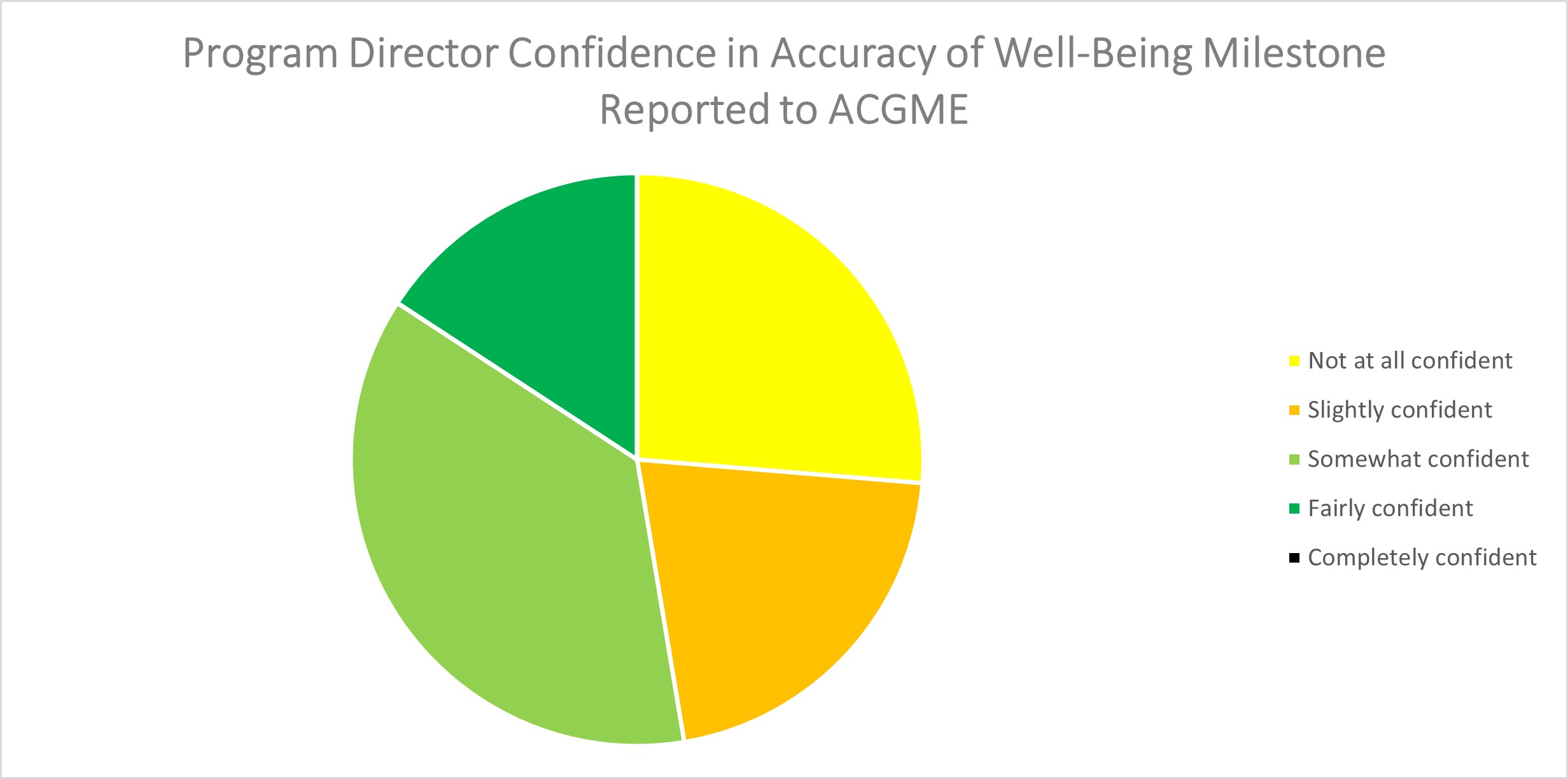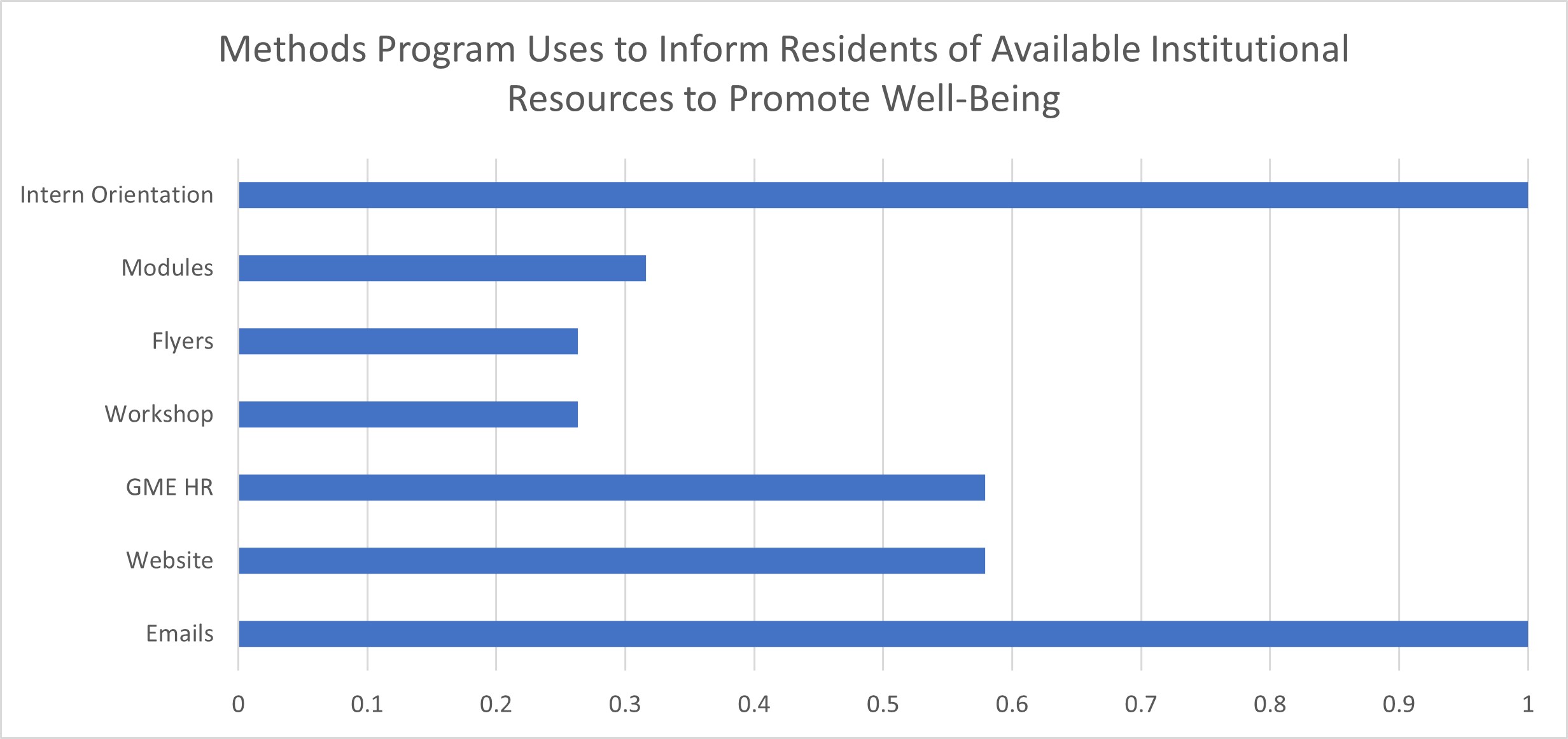Medical Education
Session: Medical Education 6
430 - Pediatric Program Assessment of Well-Being Milestone
Saturday, May 4, 2024
3:30 PM - 6:00 PM ET
Poster Number: 430
Publication Number: 430.1274
Publication Number: 430.1274

Su-Ting T. Li, MD, MPH (she/her/hers)
Professor; Vice Chair of Education and Residency Program Director
University of California, Davis, School of Medicine
Sacramento, California, United States
Presenting Author(s)
Background: The Accreditation Council of Graduate Medical Education Pediatric Milestones 2.0 implemented in July 2021 included a new Well-Being Milestone, which was “not intended to evaluate a resident’s well-being, but to ensure each resident has the fundamental knowledge of factors that impact well-being, the mechanisms by which those factors impact well-being, and available resources and tools to improve well-being.” It is unknown how programs assess the Well-Being Milestone.
Objective: Determine how programs assess their residents’ Well-Being Milestone.
Design/Methods: A sample of Program Directors (PDs) in the Pediatric Resident Burnout-Resilience Collaborative were surveyed about how they assess their residents’ Well-Being Milestone in May-June 2022. Descriptive statistics were used for summary statistics. Thematic analysis was used to analyze the open-ended question about successes or challenges with assessing the Well-Being Milestone.
Results: 19 PDs participated. Programs more frequently used data from PD/Associate PD (92%), Chief Residents (67%), and Faculty (58-63%) than self- (32%) or peer (37%) Well-Being Milestone assessments. More than half of PDs (53%) felt that their residents received at least 3 Well-Being completed assessments (5% >6, 21% 5-6, 26% 3-4, 21% 1-2 assessments; 26% not sure). Most (68%) PDs felt that residents received more Patient Care than Well-Being Milestone assessments; only 32% felt they received similar numbers. Almost half (47%) of PDs were not at all/slightly confident of the accuracy of their residents’ Well-Being Milestone assessment. Programs used multiple methods to inform their residents of well-being resources, with the most frequent being during Intern Orientation (100%), via emails (100%), through Graduate Medical Education Human Resources (58%), and on their website (58%). Some PDs expressed “frustration” that the Well-Being Milestones are “not at all easy to assess” and “of questionable utility” as “there is not a way to directly observe this milestone in most clinical settings.”
Conclusion(s): While almost half of PDs were not at all/slightly confident of the accuracy of their Well-Being Assessment and found the Well-Being Milestone challenging to directly observe and externally assess, external assessments were used more frequently than self-assessments to gather data on the Well-Being Milestone. Additional methods beyond Faculty Evaluations may be needed to accurately assess residents’ Well-Being Milestone.
.jpg)


